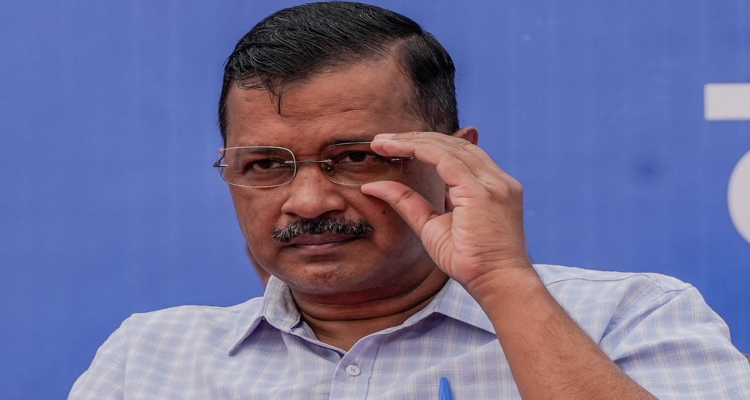
Former Delhi Chief Minister Arvind Kejriwal has approached the Delhi High Court, challenging a trial court’s decision to take cognizance of the Enforcement Directorate’s prosecution complaints in the Excise Policy case.
Kejriwal argues that the trial court erred in proceeding with the case without obtaining the necessary sanction under Section 197(1) of the CrPC, which is required for prosecuting a public servant, such as the Chief Minister, in connection with the alleged offence.
The plea seeks to quash the trial court’s order and halt the proceedings. The court is expected to hear the plea on Thursday.
Kejriwal’s petition follows a ruling from the trial court that took cognizance of offences under the Prevention of Money Laundering Act (PMLA) without sanction, which the former CM claims was a legal misstep.
Previously, on November 12, the Delhi High Court had sought a response from the ED regarding a separate plea by Kejriwal challenging the summons issued to him in the money laundering case tied to the alleged excise scam.
Currently, Kejriwal is out on bail in both the ED and CBI investigations related to the now-scrapped excise policy, faces serious allegations. The ED claims that the policy was designed with intentional loopholes that benefitted AAP leaders by facilitating kickbacks from liquor businesses in exchange for favorable treatment.
These include providing discounts, waivers on license fees, and relief during the COVID-19 disruptions. The ED also alleges that the scam involved awarding wholesale liquor distribution rights with a fixed margin of 12%, with a 6% kickback going to AAP leaders.
Additionally, Kejriwal and other party leaders are accused of using the proceeds of the alleged scam to influence elections in Punjab and Goa in early 2022.
The court’s decision on Kejriwal’s plea could have significant implications for the ongoing case, as the legality of the trial court’s order will be scrutinized in the upcoming hearings.




